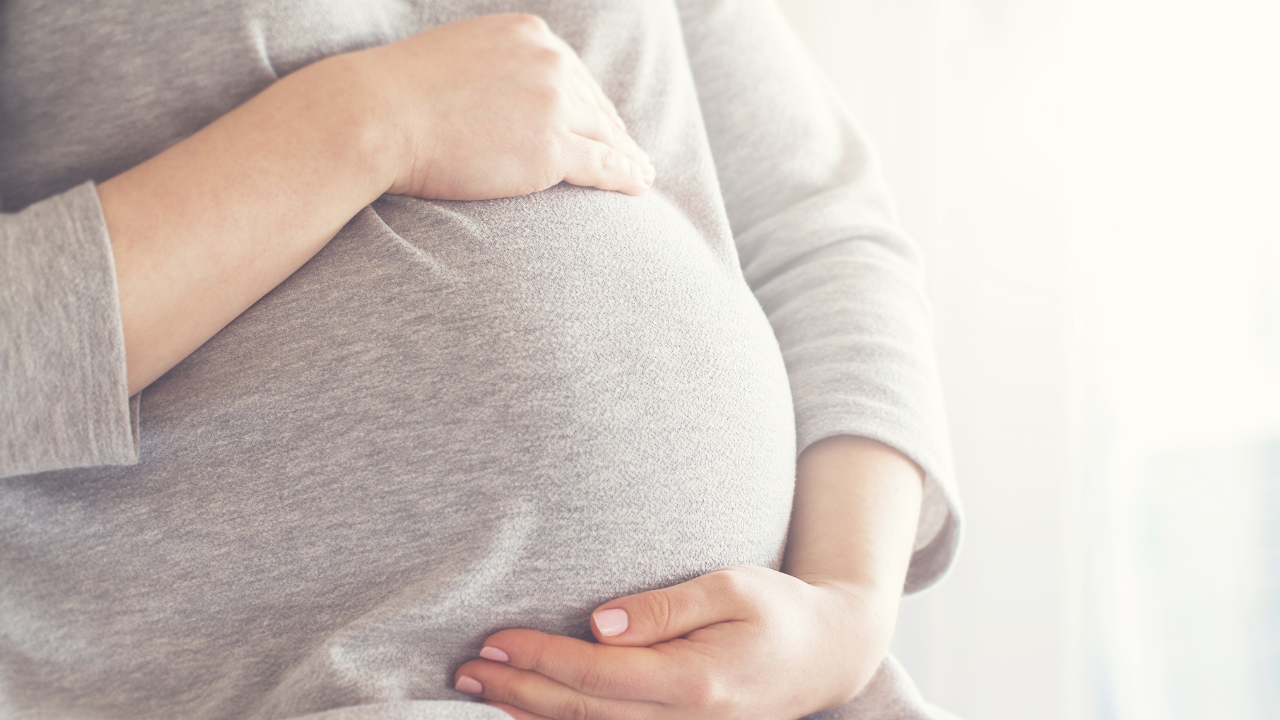
A cornual ectopic pregnancy is a relatively uncommon and particularly perilous form of ectopic pregnancy that unfolds in the cornua, or horns, of the uterus. These cornua are the uppermost corners of the uterus, where the fallopian tubes meet the uterine cavity.
Comprising only about 2% of all ectopic pregnancies, cornual ectopic pregnancies are the most treacherous variety, posing a significant threat of rupture and life-threatening hemorrhaging.
Understanding the causes, symptoms, diagnosis, treatment, prognosis, and preventive measures associated with this condition is crucial.
Potential Causes
Previous Ectopic Pregnancy: A history of ectopic pregnancy can heighten the risk of a future ectopic pregnancy, including the cornual type.
Pelvic Inflammatory Disease (PID): Infections like PID can result in fallopian tube scarring, increasing the chances of ectopic pregnancy.
Endometriosis: This condition can cause tissue growth outside the uterus and is linked to an augmented risk of ectopic pregnancy.

Uterine Anomalies: Some uterine anomalies, such as a bicornuate uterus (a congenital uterine malformation), may predispose a woman to cornual ectopic pregnancy.
Fertility Treatments: Procedures like in vitro fertilization (IVF) that involve assisted reproductive technologies can influence the location of embryo implantation, potentially increasing the risk of ectopic pregnancy.
Recognizing Symptoms
Missed Period: As with intrauterine pregnancies, a missed period is often an early sign of pregnancy, but in the case of an ectopic pregnancy, it may be accompanied by other symptoms.
Abdominal Pain: Pain in the lower abdomen may be sharp or cramp-like and is typically on one side.
Vaginal Bleeding: Vaginal bleeding may be different from a regular period and may range from spotting to heavy bleeding.

Spotting: Light spotting can occur in early pregnancy and is common in ectopic pregnancies.
Light-headedness or Dizziness: Blood loss from an ectopic pregnancy can result in dizziness and faintness.
Shoulder Pain: In rare cases, pain may radiate to the shoulder due to irritation of the diaphragm by blood from a ruptured ectopic pregnancy.
Diagnosis and Treatment
Diagnosing a cornual ectopic pregnancy can be challenging, as it may resemble an intrauterine pregnancy on ultrasound. To confirm the diagnosis, additional tests such as blood tests and transvaginal ultrasounds may be necessary.
Treatment depends on factors like the pregnancy's size and location, the patient's symptoms, and overall health. In some instances, medication like methotrexate may be employed to halt the pregnancy's growth. In more severe cases, surgical removal of the pregnancy may be required, with the specific procedure contingent on the pregnancy's location and any complications. If the pregnancy is in the cornua of the uterus, the surgeon may aim to remove the pregnancy without necessitating a full uterine removal.
Prognosis and Preventive Measures
The prognosis for cornual ectopic pregnancy is generally favorable, but the risk of complications remains high. Rupture, leading to life-threatening bleeding, is the most severe concern. Other complications can include infection and damage to the fallopian tubes.
Women can take certain steps to reduce their risk:
Avoid Smoking: Smoking can increase the risk of ectopic pregnancy, so quitting is a proactive measure.
Contraception: Using contraception consistently can help prevent unintended pregnancies.
Regular Checkups:
Regular pelvic exams and Pap tests enable early detection and treatment of issues that may increase the risk of ectopic pregnancy.
Treatment for Infections: Seeking prompt treatment for pelvic infections like PID can reduce the risk of complications leading to ectopic pregnancy.
Dr Manisha Singh, Senior Consultant - Gynaecologist & Subspecialist in Reproductive Medicine & Surgery, Fortis Hospital, Bannerghatta Road, Bangalore







